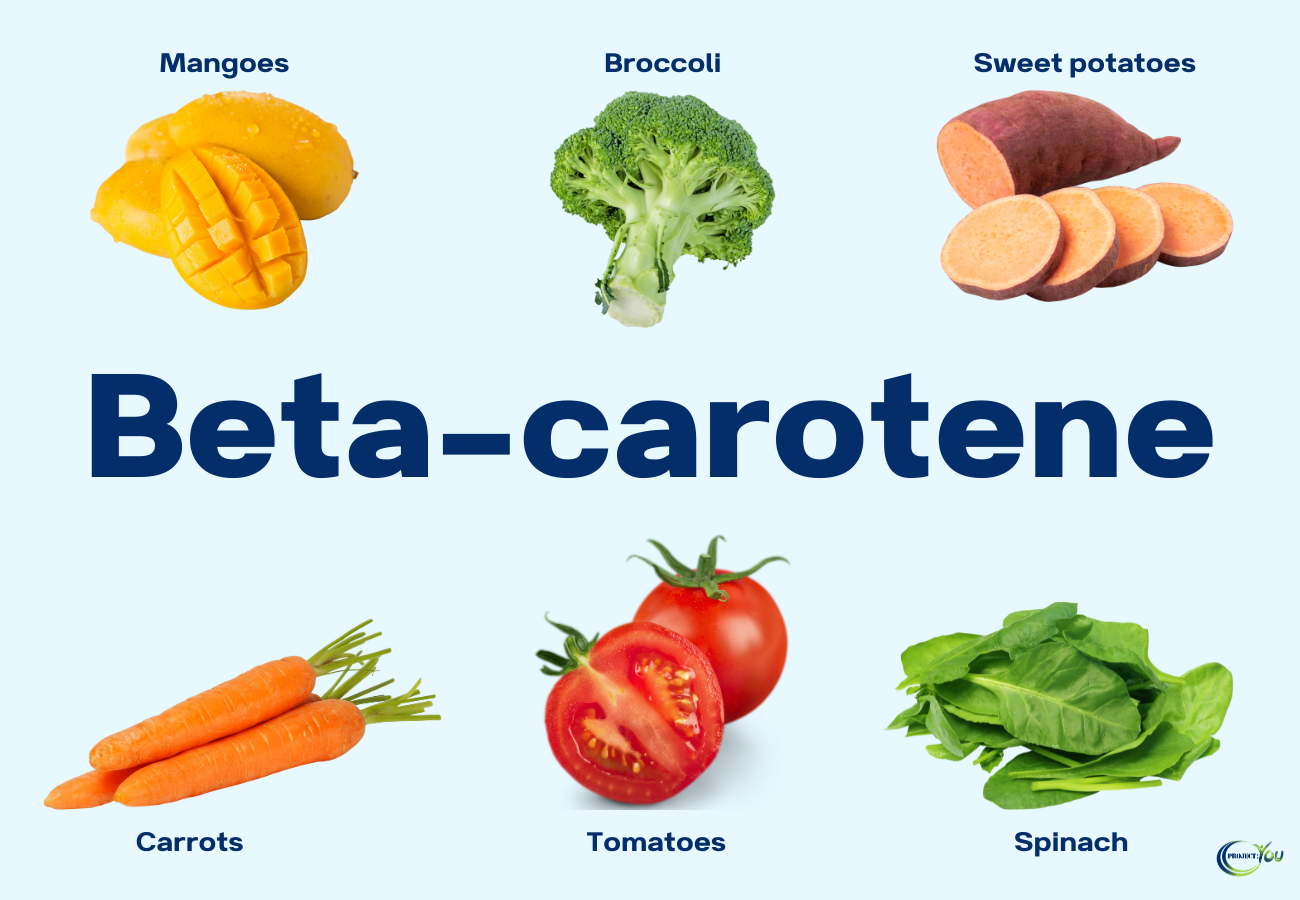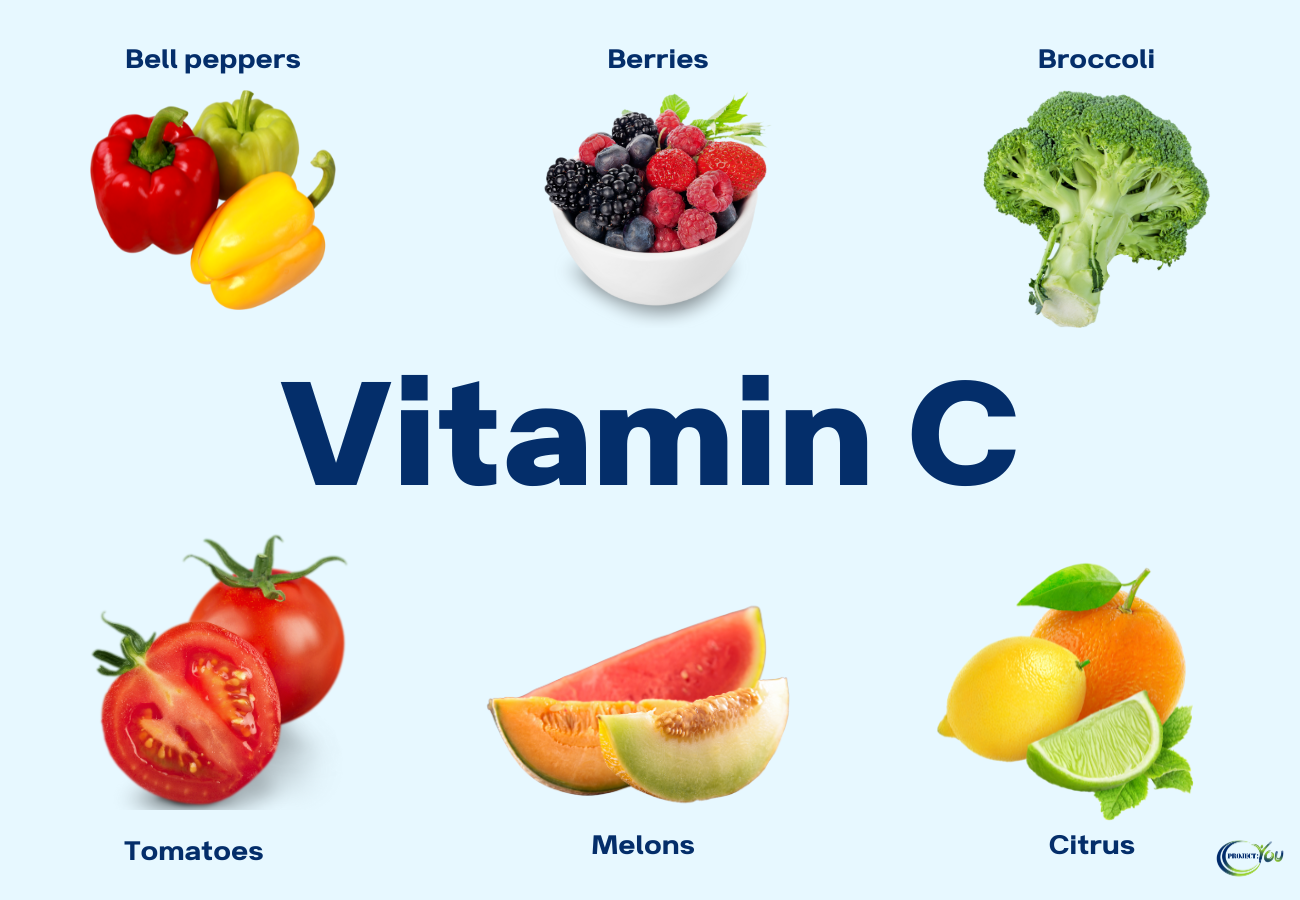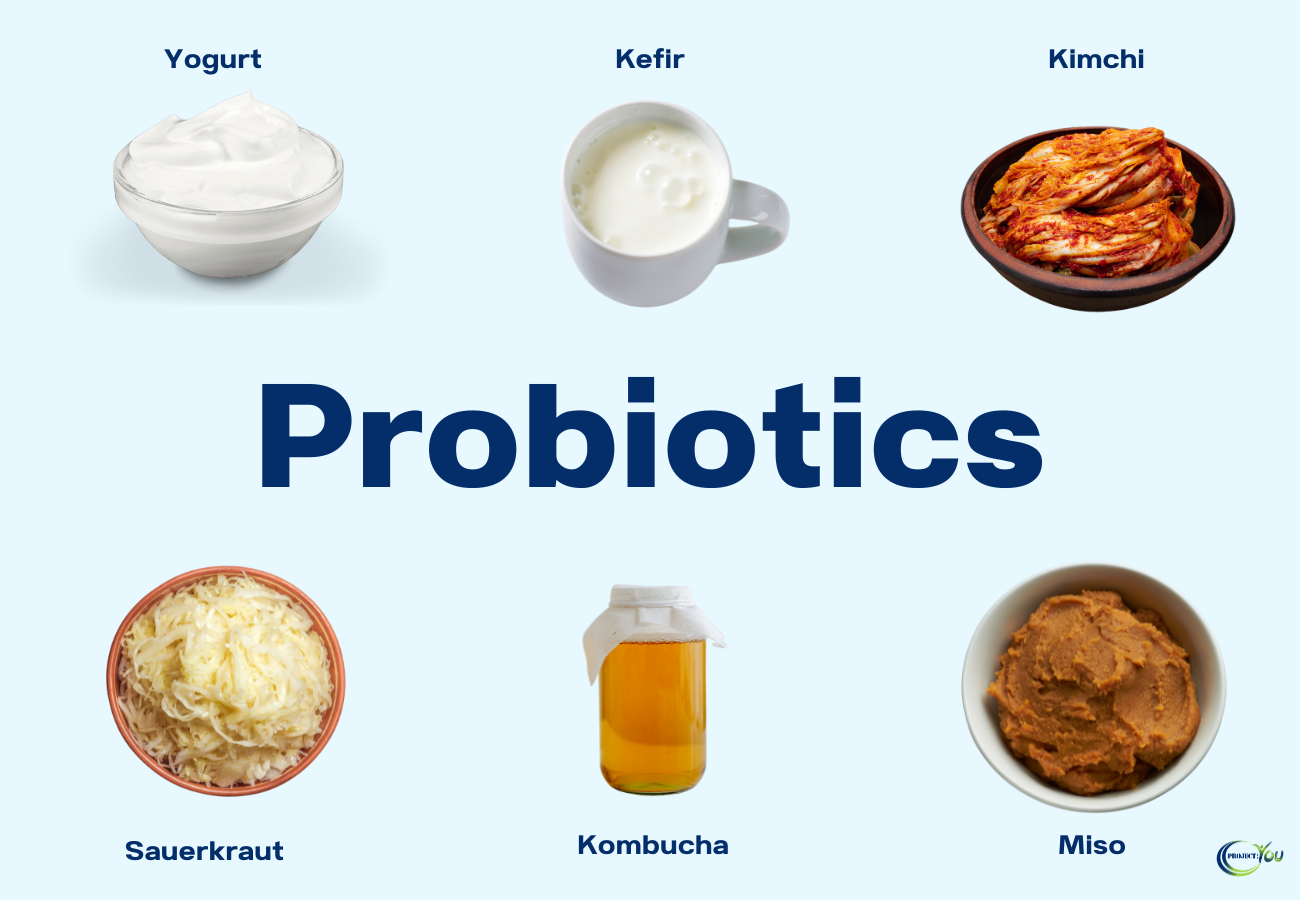As flu season kicks in and the holiday season approaches, staying healthy is more important than ever. Don’t miss out on what matters most—celebrating with family, friends, and making cherished memories.
One of the best ways to support your immune system is through the foods you eat. Let’s explore the key nutrients that can help strengthen your immunity, so you can enjoy this festive time while staying healthy and resilient.

Beta-carotene plays a crucial role in supporting immune health because it is a precursor to vitamin A, which is essential for maintaining the body’s immune function. Here’s how it contributes:
1. Vitamin A Production: Beta-carotene is converted into vitamin A in the body, which is critical for the development and function of immune cells that fight infections.
2. Antioxidant Properties: Beta-carotene’s antioxidant properties help protect immune cells from damage caused by free radicals, which are unstable molecules that can harm cells.
3. Mucous Membrane Protection: Vitamin A, derived from beta-carotene, helps maintain the health of mucous membranes in the respiratory, digestive, and urinary tracts, which acts as a defense against pathogens.
4. Boosting White Blood Cell Production: Beta-carotene supports the production of white blood cells, which play a vital role in identifying and destroying harmful invaders like bacteria and viruses.

Vitamin C plays a vital role in immune health due to its antioxidant properties and involvement in various immune system functions. Here’s how it contributes:
1. Stimulates White Blood Cells: Vitamin C enhances the production and function of white blood cells, such as lymphocytes and phagocytes, which are essential for fighting infections and pathogens.
2. Supports Skin Barrier: It helps maintain the integrity of the skin, which serves as the body’s first line of defense against infections. Vitamin C also promotes faster wound healing.
3. Enhances Antibody Production: Vitamin C is involved in enhancing the production of antibodies, proteins that specifically target and neutralize pathogens like bacteria and viruses.
4. Improves Iron Absorption: It boosts the absorption of iron from plant-based foods, which is crucial for the proper functioning of immune cells, especially in preventing anemia, which can impair immunity.

Probiotics play a significant role in immune health by supporting the balance of beneficial bacteria in the gut, which is closely linked to overall immune function. Here’s how probiotics contribute:
1. Strengthening Gut Barrier: Probiotics help maintain the integrity of the intestinal lining, preventing harmful pathogens and toxins from entering the bloodstream. A healthy gut barrier is critical for immune defense.
2. Balancing Gut Microbiota: The gut contains about 70% of the body’s immune cells. Probiotics promote a healthy balance of gut bacteria, which helps regulate the immune response and prevents the overgrowth of harmful microbes that can lead to infections.
3. Stimulating Immune Cells: Probiotics enhance the activity of immune cells, improving the body’s ability to detect and destroy harmful invaders.
4. Modulating Inflammation: Probiotics help reduce chronic inflammation by promoting the production of anti-inflammatory compounds and regulating the immune system’s response to harmful stimuli, keeping inflammation in check.
Whether it’s the beta-carotene in vibrant vegetables, vitamin C-packed fruits, or probiotic-rich fermented foods, these powerful nutrients can help you stay strong and healthy. Don’t let sickness keep you from enjoying the season’s festivities!
For more tips on staying well this season, follow us on Instagram for the latest updates on health and wellness.


